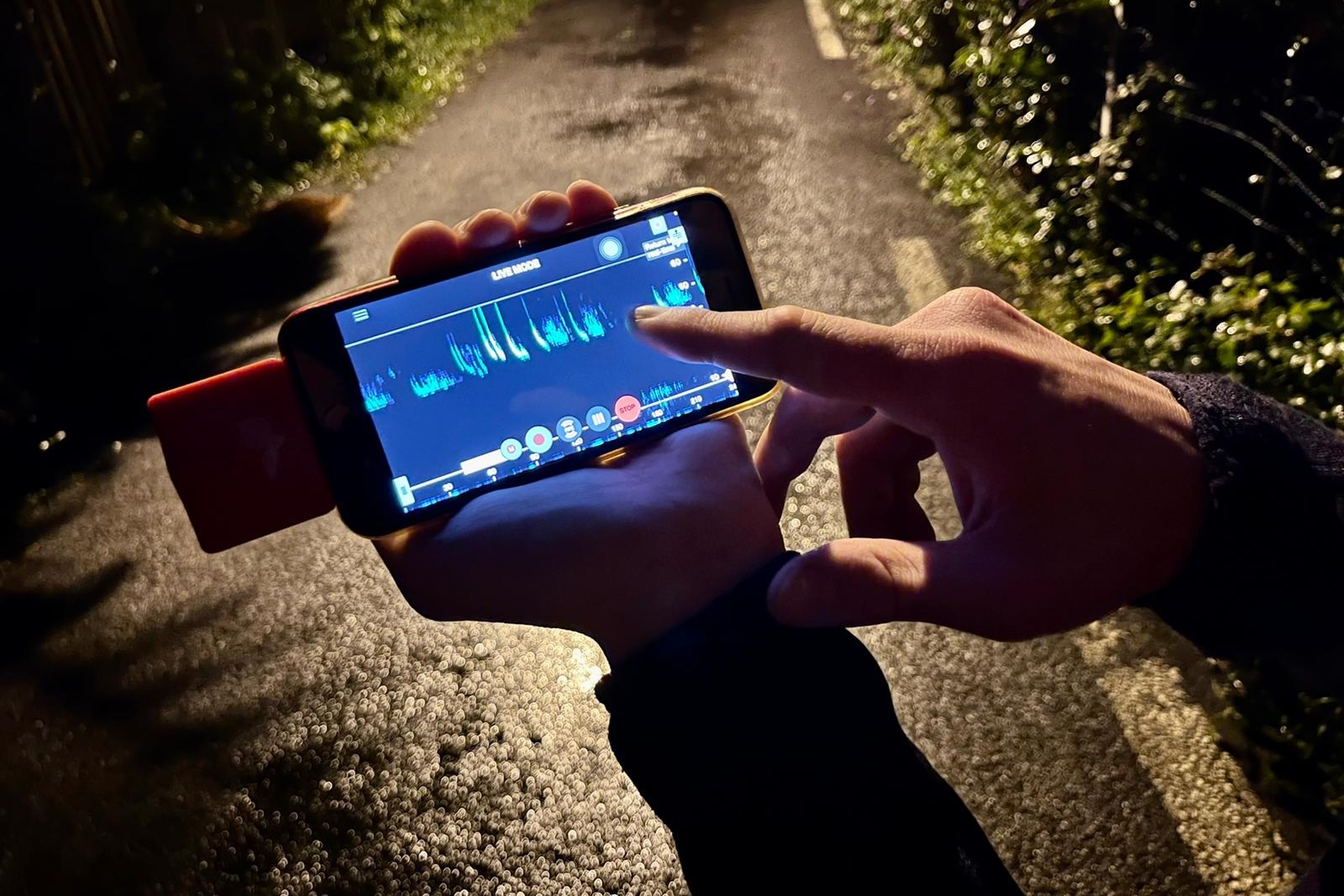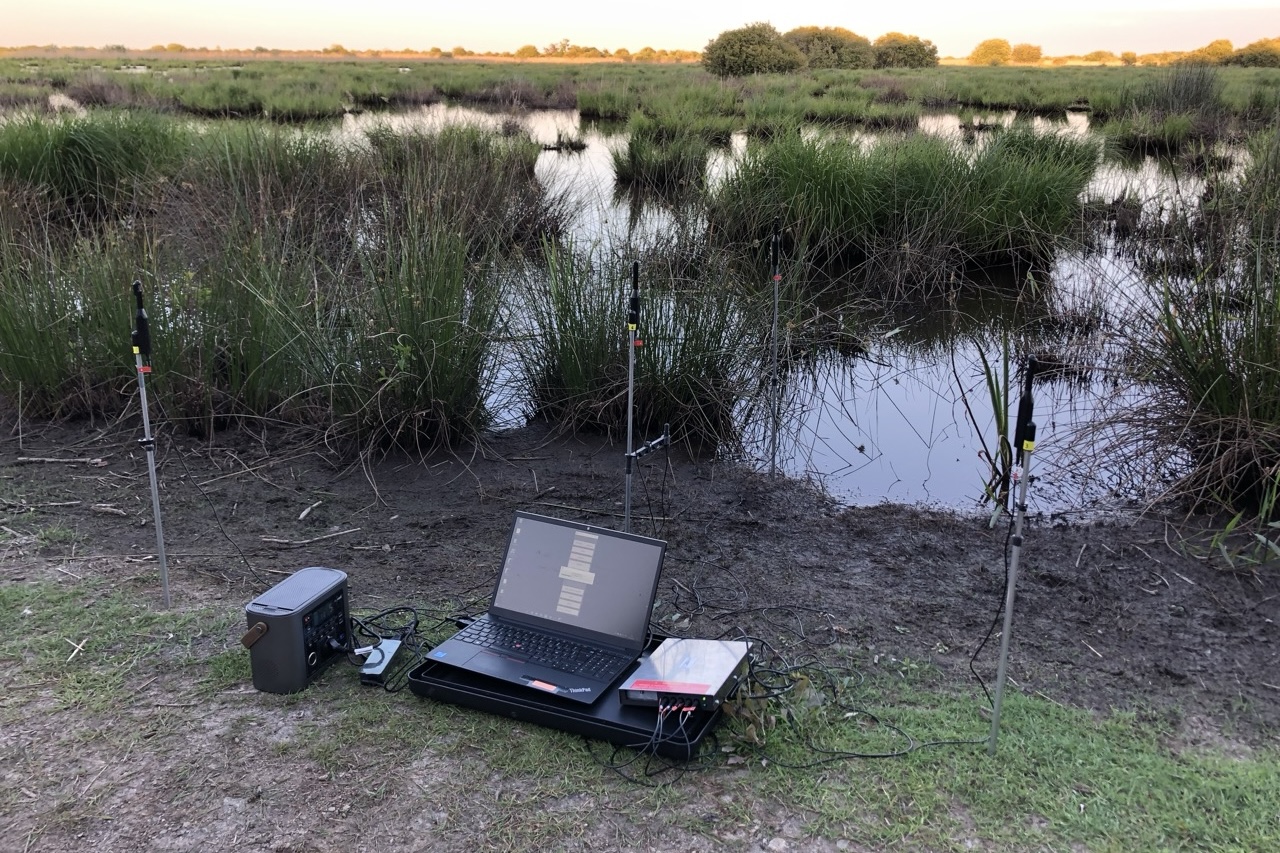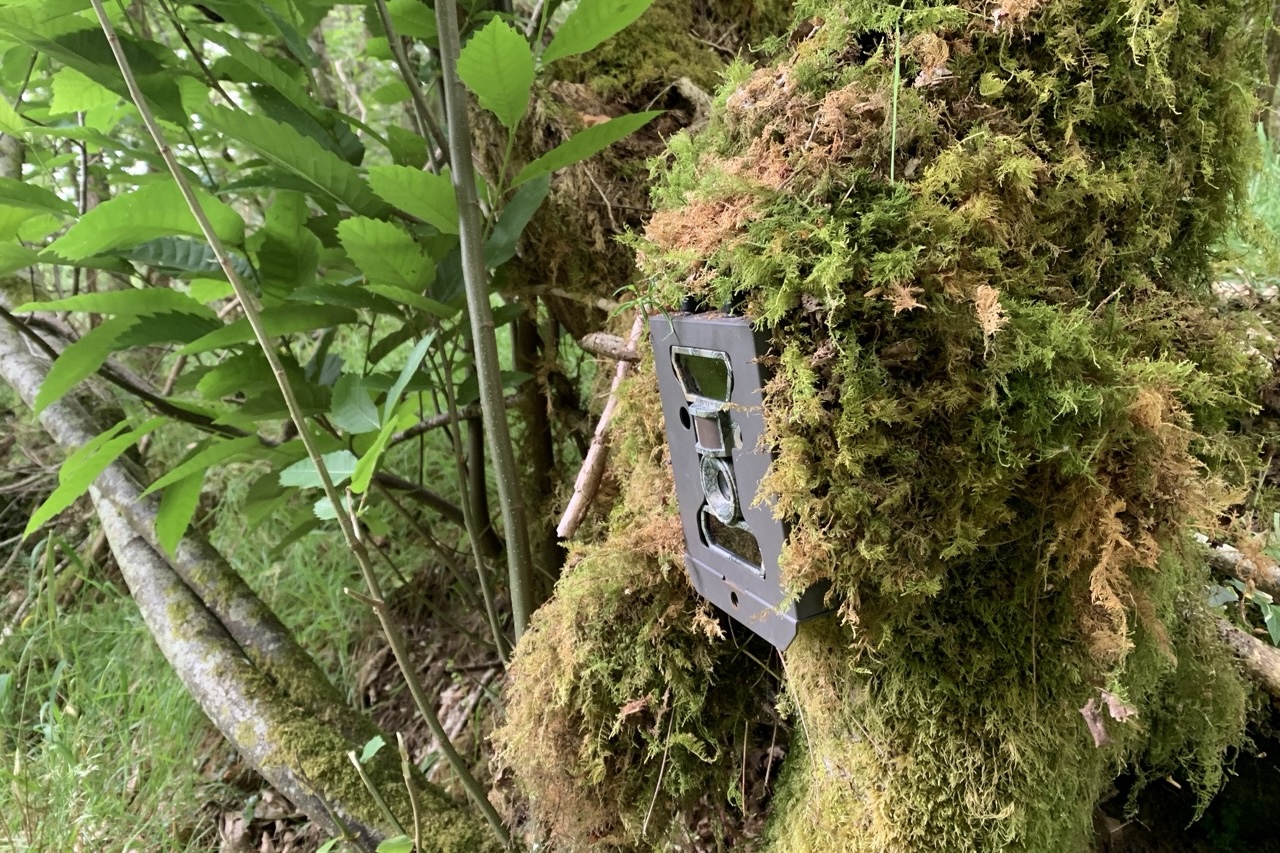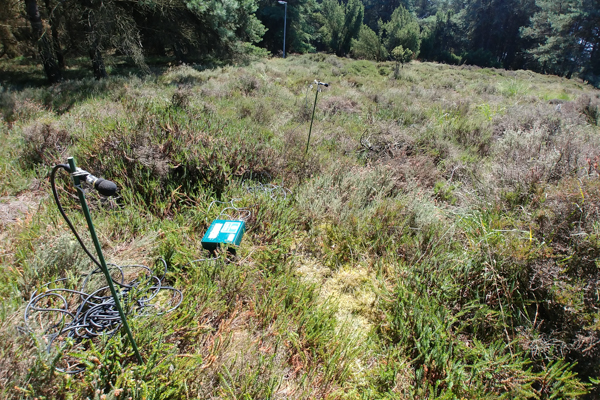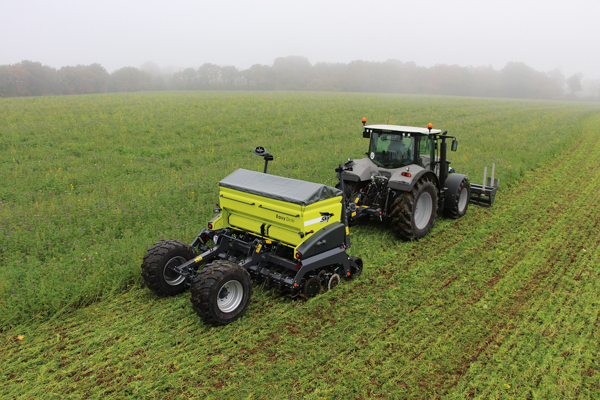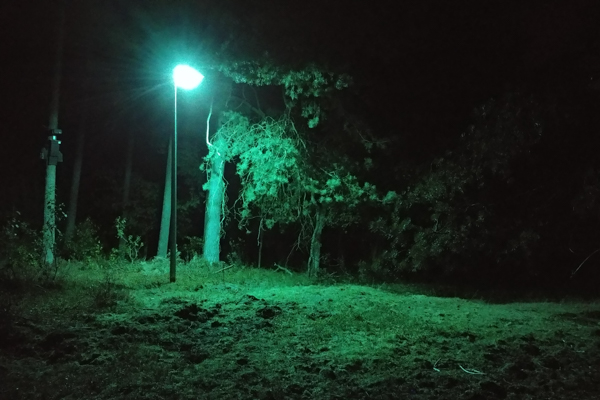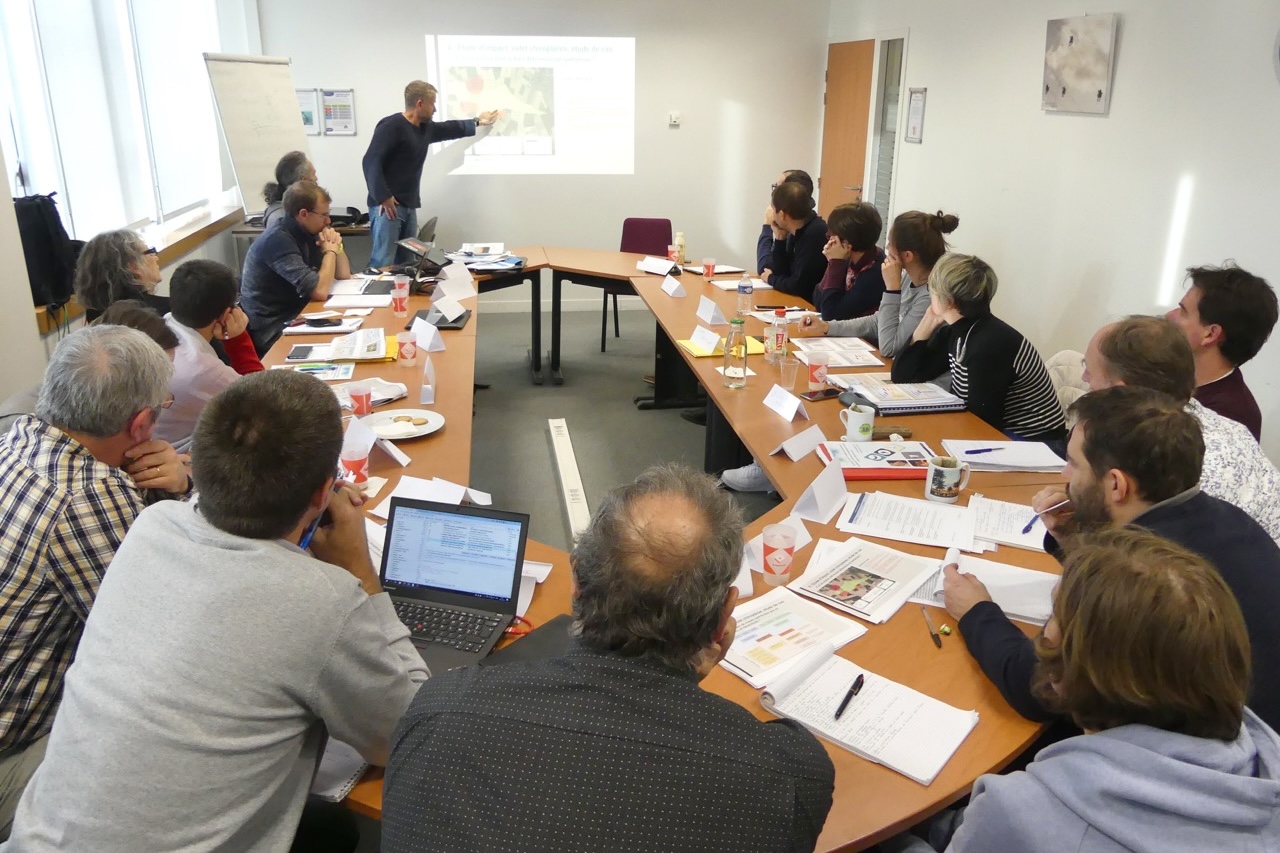Research scope
I am a biologist interested in human pressures on biodiversity, such as renewable energy, artificial light at night, agriculture, or landscape modifications. At a more fundamental level, I also study the functioning of animal populations and communities, whether in terms of their relationship with habitats and food resources, or inter-individual interactions within and between species that drive behavioral decisions. For that, I also develop methods to provide the metrics needed to address the ecological concepts studied. This is particularly true in the field of bioacoustics, which I use extensively, enabling me to track animal vocalisations providing information on functions such as feeding or movement. Combining research focused on the ecological impacts of human activities and more fundamental research is therefore essential, as the two are closely linked and feed off each other. A large part of my research is therefore aimed at proposing solutions to limit human's footprint on ecosystems and understand what are the most effective possibilities for change in our society today. Hence, anthropogenic pressures on which my research are rooted often involve to work in relation with stakeholders, allowing me to understand the social levers to transfer my research into the real life, seeking the best trade-offs to prevent new knowledge from ever being useful in halting the decline of biodiversity. This increasingly requires me to mobilise interdisciplinarity, for example at the observatory of the nocturnal environment, especially the social and spatial planning sciences, as well as data and computational science. Finally, I am actively involved in transferring knowledge to the stakeholders, in particular in the form of professional training or contributing to the development of doctrines.
